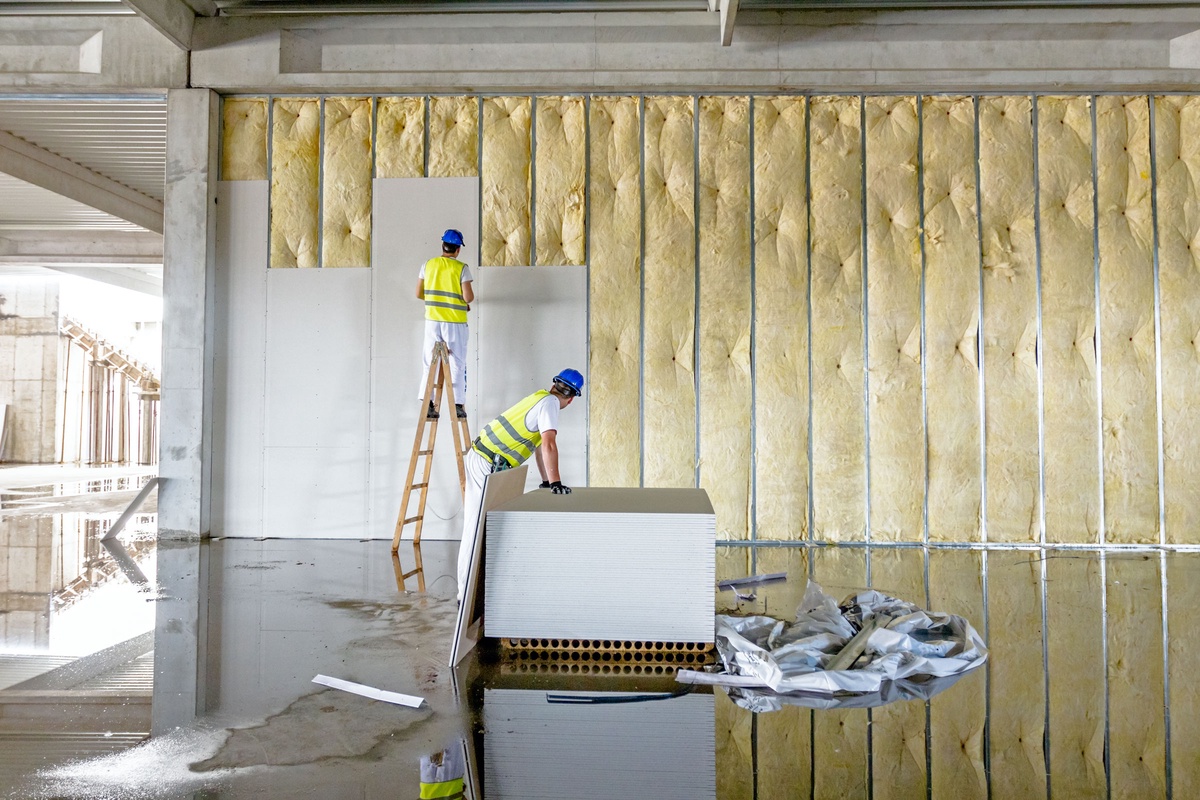Insulating walls can significantly impact the energy efficiency of a building. By minimizing heat transfer through walls, insulation helps maintain a comfortable temperature during extreme weather conditions. It prevents heat from escaping during winter and keeps the interior cool during hot summers. This not only enhances the overall comfort of the occupants but also reduces the dependence on heating and cooling systems, resulting in long-term energy savings.
Benefits of Wall Insulation
Wall insulation offers a range of benefits to homeowners and property owners. Firstly, it helps reduce energy consumption, thereby lowering utility bills. With improved energy efficiency, it becomes easier to maintain a consistent temperature inside the building. Additionally, properly insulated walls also contribute to soundproofing, minimizing noise from outside sources.
Furthermore, Wall Insulation can enhance the structural durability of a building. Insulation materials act as a barrier against moisture, preventing water ingress that could potentially damage the walls. Insulation can also improve the indoor air quality by preventing drafts, reducing the entry of dust, allergens, and pollutants from outside.
Types of Wall Insulation
There are various types of insulation materials available, each with its own unique properties and installation methods. The choice of insulation material depends on factors such as location, climate, budget, and personal preferences. Some commonly used insulation materials for walls include:
- Fiberglass Insulation: Fiberglass insulation is made from fine glass fibers and is available in the form of batts or loose-fill. It is known for its affordability, thermal performance, and relatively easy installation.
- Foam Board Insulation: Foam board insulation, also known as rigid insulation, is made from polystyrene or polyurethane. It provides excellent thermal resistance and can be easily cut and installed on walls. Foam board insulation is particularly effective for insulating exterior walls.
- Cellulose Insulation: Cellulose insulation is made from recycled paper treated with fire-retardant chemicals. It offers good thermal and soundproofing properties. Cellulose insulation is typically blown into wall cavities, ensuring a tight fit and reducing air leakage.
- Spray Foam Insulation: Spray foam insulation is applied as a liquid which expands and hardens into a solid foam. It provides excellent air sealing properties and fills gaps and cracks effectively. Spray foam insulation is commonly used for both new construction and retrofitting existing walls.
Installation Considerations and Maintenance
Proper installation of wall insulation is crucial to ensure its effectiveness. It is recommended to hire professional insulation contractors who have the expertise and equipment to achieve optimal results. Regular maintenance of insulation is also essential to detect any signs of damage, such as moisture accumulation or gaps in insulation, and address them promptly.
Conclusion
Wall insulation plays a vital role in enhancing energy efficiency, reducing heat loss, and improving overall comfort in buildings. With a variety of insulation materials available, homeowners and property owners have the flexibility to choose the most suitable option for their specific requirements. By investing in Wall Insulation, one can reap long-term benefits in terms of energy savings, increased property value, and a healthier living environment.


No comments yet